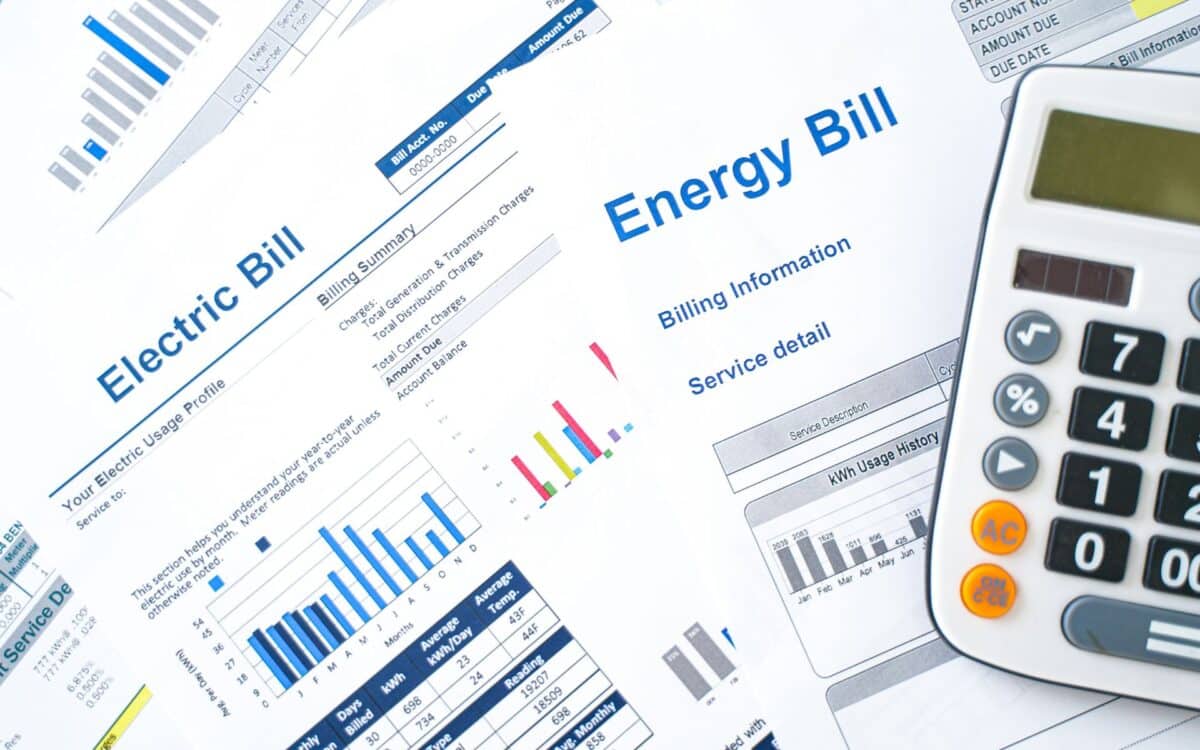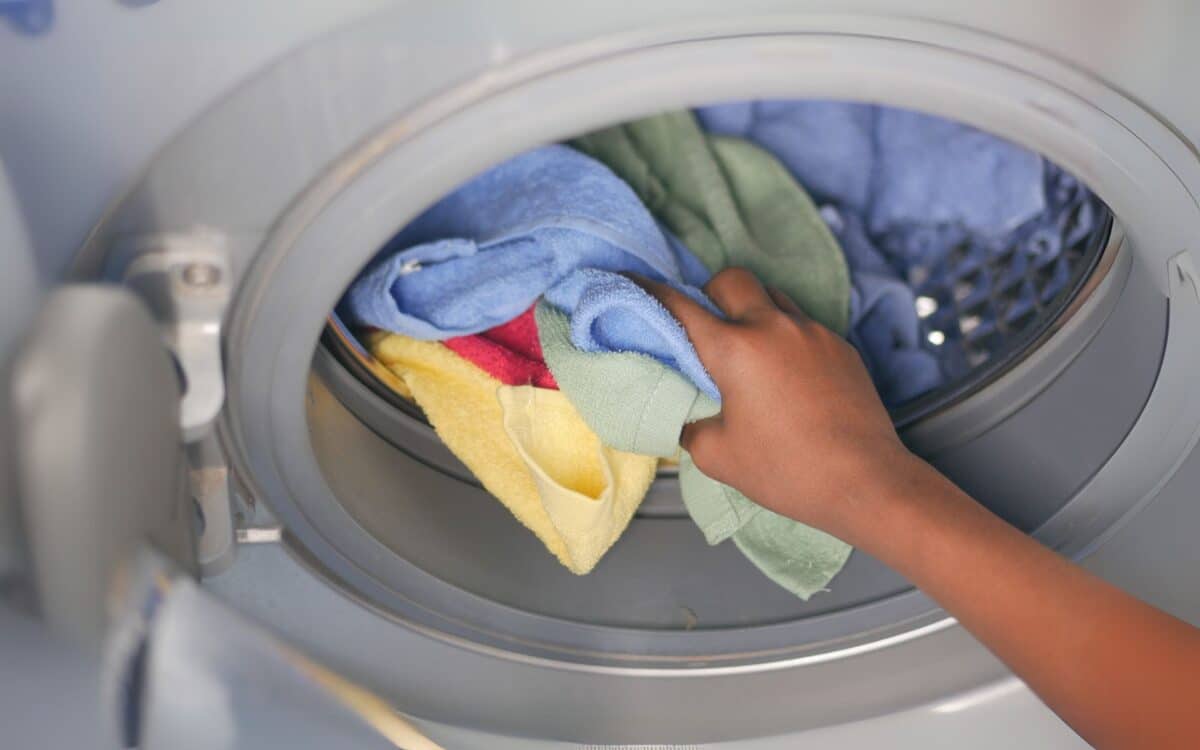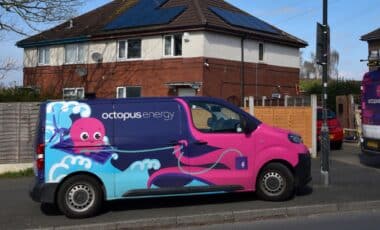The ongoing squeeze on household budgets in the UK has led many families to re-evaluate their energy habits and rising energy bills in search of savings. One recommendation gaining attention involves shifting the use of certain home appliances to nighttime hours.
According to DevonLive, appliance brand Hotpoint is promoting a simple strategy known as the “10pm to 8am rule”, which suggests operating high-consumption devices during typical off-peak periods.
The aim is to reduce energy bills through smarter scheduling, without major changes to daily routines. Though the method sounds modest, the broader implications for efficiency and cost management are beginning to resonate with consumers.
Understanding the ‘10PM to 8AM Rule’
The idea behind the rule is simple: use high-energy appliances such as washing machines, dishwashers, and water heaters during overnight periods when electricity rates are typically lower. According to a statement from Hotpoint,
These fantastic plans allow consumers to take advantage of lower energy prices during specific hours, helping you save on those pesky bills. Typically, off-peak hours fall during the night, such as from 10pm to 8am.
This recommendation is aimed at households with time-of-use electricity tariffs, where energy costs vary depending on the time of day. Such tariffs can offer significant financial advantages if energy-intensive tasks are scheduled wisely.
Why Appliance Timing Matters
“If you have ever wondered why your energy bill varies, it is likely down to how and when you use your appliances.” The timing of electricity consumption can make a noticeable difference for those not on flat-rate tariffs.

While flat-rate energy plans charge the same amount regardless of usage time, time-of-use plans like Economy 7 and Economy 10 apply discounted rates during off-peak periods.
- Economy 7 provides seven hours of cheaper electricity at night, ideal for running washing machines or heating water.
- Economy 10, as Hotpoint notes, “offers ten hours of off-peak electricity, divided into segments that cover both early morning and evening hours.”
This setup allows homeowners greater flexibility in shifting multiple household routines into cheaper rate periods, helping to reduce energy bills more effectively.
Real Savings for Daily Routines
Hotpoint claims that simply running your washing machine at night could reduce electricity costs by up to £100 annually. This figure highlights how small behavioural changes, when repeated consistently, can bring tangible benefits.
The company also explains:
High-energy appliances like washing machines, dishwashers, and tumble dryers excel during off-peak times. This way, you can enjoy lower rates while running multiple cycles. Your energy supplier’s website will have the specific times for your area. Additionally, many suppliers now provide apps to track real-time usage and tariffs.
These tools can help households stay informed and adapt their habits based on daily fluctuations in pricing.
Smart Features and Practical Habits
Some modern washing machines come equipped with smart features that allow users to schedule wash cycles in advance or automatically detect off-peak periods. This makes it easier to benefit from variable tariffs without manual adjustments.
Hotpoint also offers these appliance-specific recommendations:
- Washing machines: “Aim to run your laundry overnight or early in the morning.”
- Dishwashers: “Set your dishwasher to run after dinner, leaving it to work its magic while you relax.”
- Water heaters: “Programme your heater to operate during off-peak periods.”
These tailored tips align well with the broader goal of aligning consumption patterns with energy market dynamics.
Additional Energy-Saving Tips
Another practical strategy for reducing household energy use is to wash clothes at cooler temperatures. As the company notes,
A large amount of energy consumed by washing machines is used to heat the water.
Switching to lower temperature settings not only cuts energy costs but can also extend the life of clothing fabrics.









